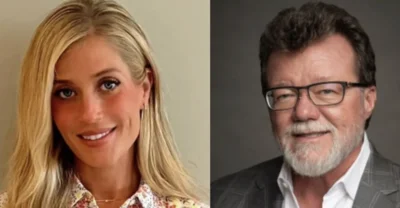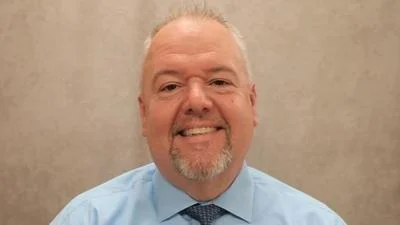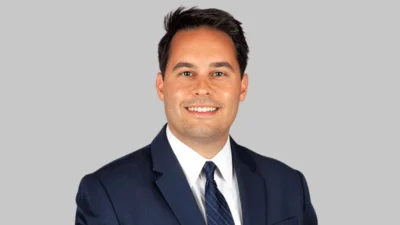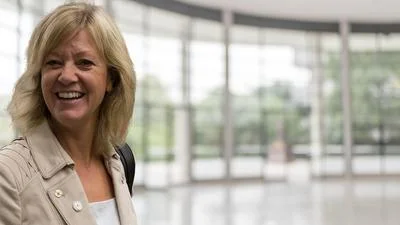Illinois state Rep. Deanne Mazzochi (R-Elmhurst) is intent on making sure public universities take seriously what she believes should be their total commitment to free speech on all on campuses across the state.
“I would say our universities should be the place where we should have the most free and open exchange of ideas," Mazzochi told the DuPage Policy Journal. "It’s very troubling if our public universities are going to start taking a pro-censorship position and if students who hold a particular view feel that they will be retaliated against for expressing those views on campus. You don’t get to say that I think your particular speech is so beyond the pale and out of bounds that you should shut up, and I certainly don’t want to see our public universities taking that point of view.”
Mazzochi has filed a resolution that would prohibit public universities in Illinois from being eligible to receive taxpayer funding if they are deemed to be limiting the freedom of speech of certain students or faculty members. She recently took to the House floor to advance her cause, imploring fellow lawmakers to join her in making sure that the First Amendment rights of all are being protected.

Illinois state Rep. Deanne Mazzochi (R-Elmhurst)
Mazzochi's actions were at least partly sparked by a lawsuit recently filed against the University of Illinois by Virginia-based group Speech First on behalf of students alleging that their rights to free speech on campus are routinely trampled over because of school policy. In the 29-page filing before the U.S. District Court in Urbana, the group asserted that the school systematically targets several student groups, including those with conservative views and values.
“The suit is making some fairly serious allegations, that the university anti-bias team is quite biased, in particular targeting conservative students and pro-Israel students and others who don’t necessarily tow the administration’s political line,” Mazzochi said, adding that university officials have denied all the allegations.
"There is no doubt in my mind that to the extent the administration is not being viewpoint-neutral in terms of allowing speech to be heard, that’s a problem.”






 Alerts Sign-up
Alerts Sign-up